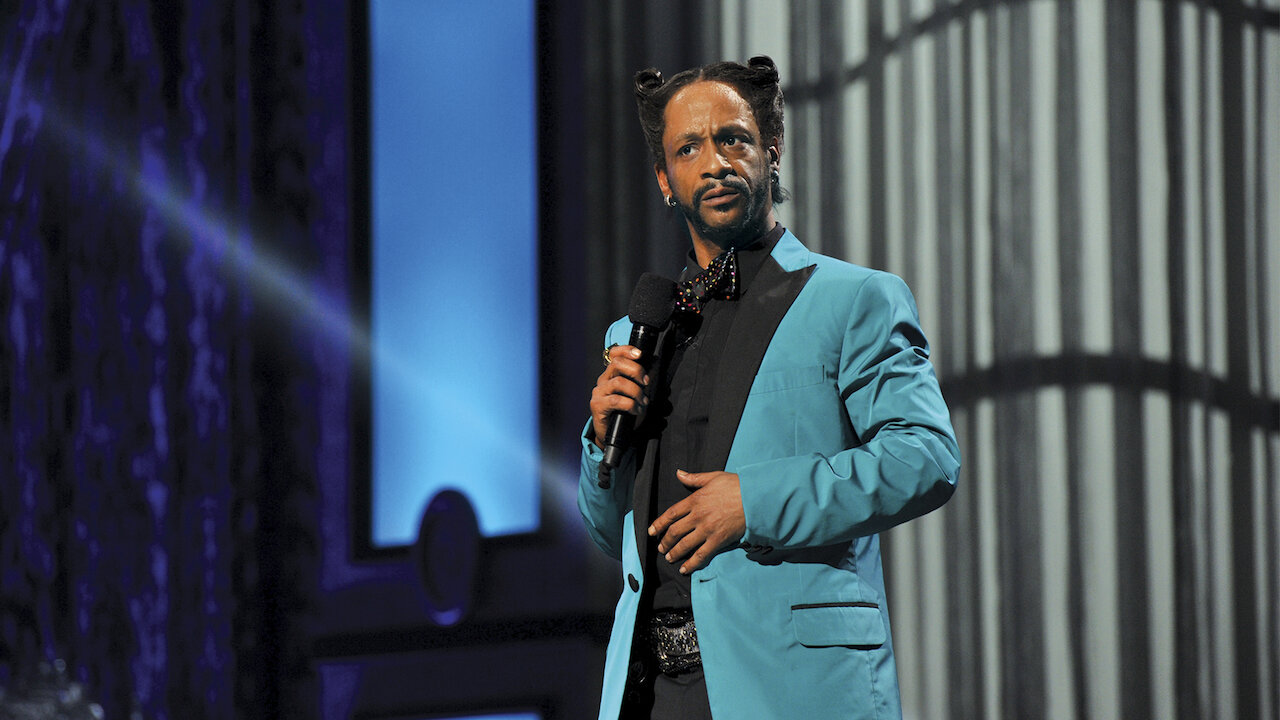The excerpt delves into the ongoing discussion sparked by actors like Terrence Howard and Cat Williams regarding the pressure within Hollywood for black male actors to wear dresses on screen, suggesting a deeper agenda aimed at emasculating black men. Howard and Williams are critical of the industry, arguing that it attempts to strip black men of their masculinity by pushing them into roles that undermine their identity. They claim to have faced backlash and been labeled as difficult to work with for refusing to conform to these expectations.

Terrence Howard, in particular, voices his frustration with the industry’s attempts to define how black men should present themselves on screen. He emphasizes the importance of maintaining integrity and refusing to compromise one’s identity for the sake of a role. Howard rejects the notion that success in Hollywood should come at the expense of one’s masculinity and calls for a broader range of narratives that allow black men to authentically express themselves.

Cat Williams also contributes to the conversation by sharing his own experiences of being pressured to wear a dress on screen. He reveals instances where he turned down lucrative contracts because they required him to compromise his principles. Williams criticizes the industry for perpetuating stereotypes and insists on the importance of standing firm against attempts to emasculate black men in entertainment.

While some dismiss these claims as conspiracy theories or argue that wearing a dress is simply for comedic effect, others support Howard and Williams for shining a light on what they perceive as a systemic issue within Hollywood. They commend their courage in speaking out against the pressure to conform and advocate for greater representation and authenticity in media portrayals of black men.
Overall, the excerpt reflects ongoing debates surrounding race, identity, and representation in the entertainment industry, with Howard and Williams emerging as vocal critics of Hollywood’s practices. Their statements provoke discussions about power dynamics, cultural expectations, and the role of authenticity in shaping narratives on screen.